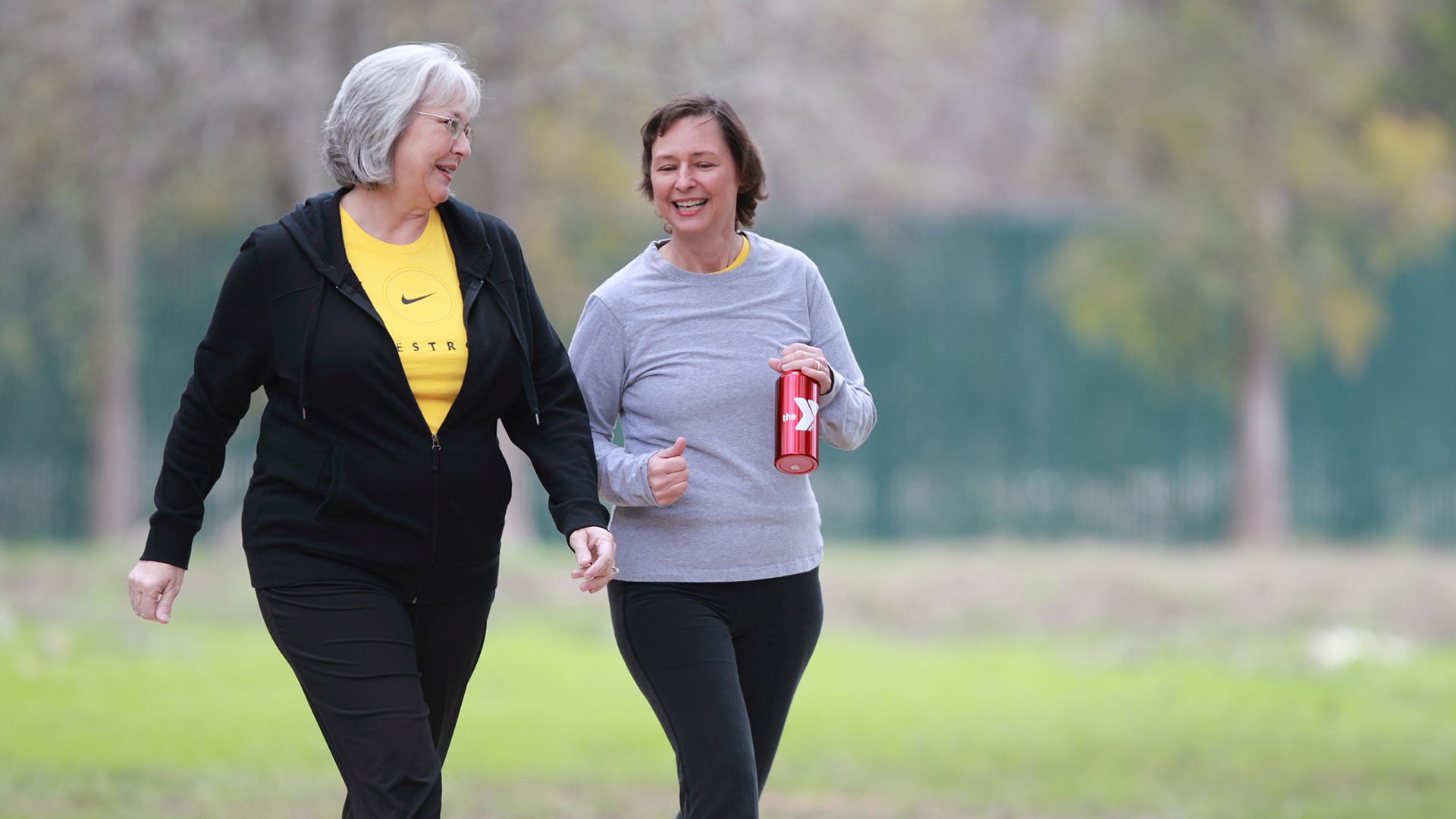Meeting Others Like You
Talking with people you can relate to will help you manage the physical, emotional and practical challenges cancer brings. Make an effort to meet others who have been affected by cancer. There are many ways to find a cancer community, such as joining a support group or online group discussion.

Some might feel reluctant to meeting others dealing with cancer. There may be a fear of getting close to someone who might experience challenges or medical problems during the friendship. It’s natural to feel this way–you need to do whatever is best for your situation.
Benefits of Meeting Others Like You
Cancer survivors often have a great deal of knowledge to share about how to deal with experiences and challenges presented by cancer and treatment. Joining a community can help you:
- Get information about your cancer and treatment.
- Receive encouragement from others who have experience and find hope.
- Solve problems.
- Be inspired by the personal stories of survivors.
- Realize that many survivors are experiencing similar things.
- Feel more in control of the situation.
- Laugh or cry with others who have been through similar situations.
- Learn how to talk with a child about cancer.
- Learn how to talk with people at work.
- Deal with fears about the future.
Sometimes, you’ll spend time together and never even talk about cancer. Other times you can talk about what you’re feeling or how to deal with difficult challenges. It can be comforting to spend time with people who have had similar experiences. At times, it can get confusing or disturbing to hear another person’s story or experience. But the benefits can outweigh the risks.
Types of Cancer Communities
Same cancer: Talking with others with the same type of cancer can be very helpful for some survivors. Those people will have an idea, as much as anyone can, about what you are going through. You may not need to explain your reactions to your experience with cancer in the same way that you might with those who have not had cancer.
Children: Children who have survived very different types of cancer may be able to share similar experiences in ways they cannot with parents or others who are older.
Young adults: Young adults who have been through treatment can talk about issues that are unique to their age group such as concerns about fertility and when to share their cancer diagnosis with people they are dating.
Elderly: Older people with cancer can discuss concerns they may have such as the fear that they might have to move in with their children for a time or become dependent on others.
Remember that even if you have things in common, such as age or the same cancer type, your experiences and reactions may be very different.
Search for a community based on:
- Your personality and how you handle stress.
- The genes you were born with and other health factors.
- Your family background or culture.
- Your type of cancer treatment.
- The support systems you have.
- Your financial situation.
- Your stage of cancer.
Support Groups
A good support group will discuss a range of topics from difficult challenges to inspirational stories. They laugh together and share all types of experiences and feelings. Problems can feel more manageable when you talk about them with others who understand.
Each support group is unique. If one isn’t a good fit for you, try another one. Before you attend the first meeting, you can talk with your health care team or the support group leader to find out if the group seems right for you. They may also be able to suggest other groups.
A good support group should allow you to:
- Share experiences with others like you.
- Learn new ways to handle difficult situations.
- Talk about your reactions and feelings to changes in your life.
How to Find Support Groups in Your Area
- Ask your health care team for suggestions. Some cancer programs offer support groups for cancer survivors and family members right in the clinic or hospital.
- Call a nearby cancer center or university hospital and ask about support groups.
- Imerman Angels partners individuals seeking cancer support with a “Mentor Angel” to provide one-on-one support.
Online Cancer Communities
The Internet can be a useful tool for meeting people with similar experiences. Many websites are dedicated to bringing together people affected by different cancers and with different backgrounds. Some are for people with a particular kind of cancer.
Use caution when meeting others online:
- Do not give out personal information through any website unless you know for certain how they will use that information and why they need it.
- Start with groups offered through nonprofit cancer organizations.
- An online chat room may occasionally include someone who is negative and who only talks about the bad things they’re experiencing. If this is hard for you, you can find another chat room or take a break until that individual has left the website.
- Discuss any advice you get with your health care team. Always do this before you make changes in your treatment, diet, or exercise routines, as well as anything else that could affect your physical or emotional well-being.
Talk with a licensed counselor if you aren’t getting the emotional support you need from your support system.
Ask a member of your health care team for a referral to a counselor or therapist who works with cancer survivors. Most cancer centers employ oncology social workers who are specially trained to work with cancer survivors and their families. Even if you are not a patient at a cancer center, the oncology social worker may meet with you or refer you to someone else in the community.

